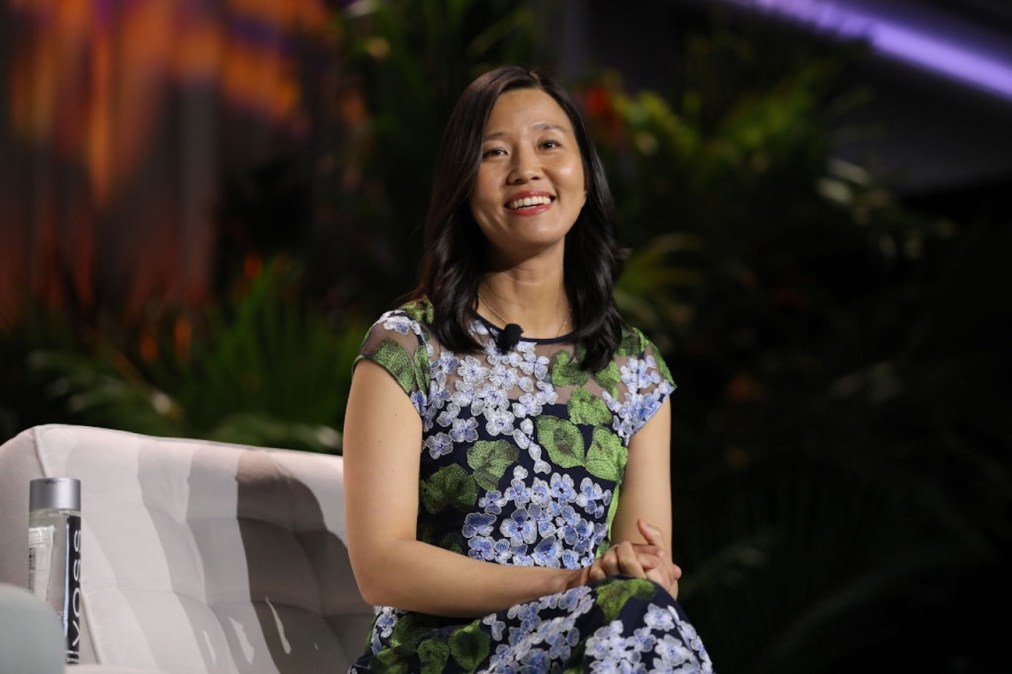Internet service cost a concern for Boston residents, digital equity survey found

In a digital equity report published last week, Boston’s technology agency found that about one in four residents were concerned about internet affordability.
While 85% of the survey’s respondents said they had home internet service, several populations were found to have lower rates of access: people on government assistance programs, people in public housing, low-income households and people who’d been incarcerated. Among public housing and Latino residents, 78% in each group said they have a home internet plan.
Despite the majority of respondents having internet at home, some populations in Boston were concerned about the feasibility of their current plans and access to devices they needed. Twenty-four percent of residents with internet access expressed concerns about its affordability, and 25% reported frequent low connection speeds.
Digital skills were also assessed during the survey, with seniors, veterans, public housing residents and Latino residents found to be the least likely to express confidence in their digital skills. In total, 47% of respondents expressed interest in digital skills classes, if offered for free.
The assessment was conducted last year by the MassINC Polling Group on behalf of the city to measure gaps in the three main elements of digital equity: internet access, digital devices and digital skills. Results from the survey will inform development of a citywide digital equity plan, which will provide strategic recommendations for closing the city’s digital divide.
The survey included 1,109 residents of Boston, with a base sample of 700 and an oversample to reach a total of 300 each of Black and Latino residents of the city. It was administered via a combination of live telephone interviewing, text to web interviewing and online surveys. The city’s Innovation and Technology Cabinet plans to release its final digital equity plan in the coming months after receiving community feedback, the release said.
“Making Boston a home for everyone includes empowering our neighbors in an evolving digital age,” Boston Mayor Michelle Wu said in the news release. “I am proud that our city is taking the steps to ensure that our communities have access to digital spaces and can build technological skills. I’m grateful to the Digital Equity Team for their initiative in understanding and addressing the needs of Boston residents.”
“Access to affordable internet and devices, and the skills to use them safely are the key to accessing opportunity,” Santiago Garces, Boston’s chief information officer, said in the release. “This assessment gives us a clear view of the remaining gaps to ensure all Bostonians can apply for jobs, access virtual medical care, pursue educational opportunities, and access government services efficiently. Progress in technology is progress for all.”






